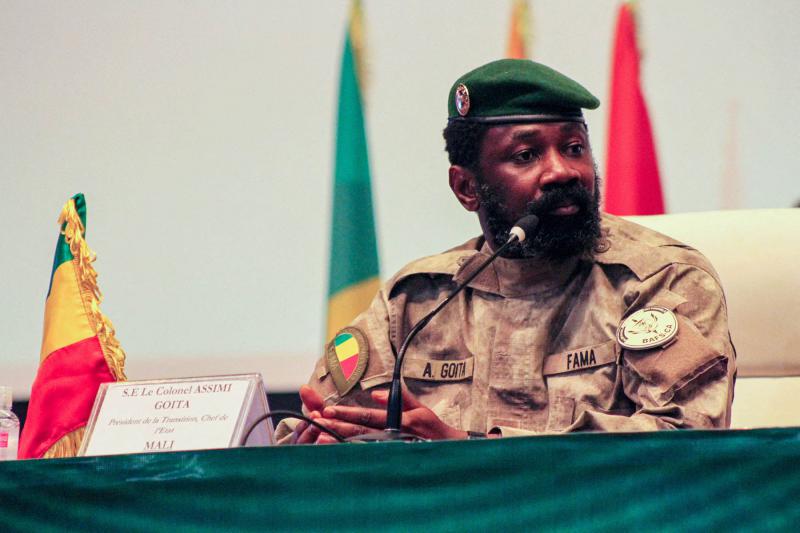
Bamako, the capital of Mali, is now grappling with a deepening fuel crisis as shortages, long confined to the country’s central and northern regions, begin to affect the city.
The crisis is largely attributed to a blockade imposed by jihadist groups affiliated with al-Qaeda, who have been targeting and sabotaging fuel convoys along key supply routes.
For several weeks, areas such as Mopti, Gao, Kayes, and Ségou have struggled to maintain regular access to gasoline and diesel.
The Group for the Support of Islam and Muslims (GSIM), also known as JNIM, has deliberately obstructed roads and set fire to tanker trucks, aiming to disrupt the delivery of petroleum products.
Bamako, previously shielded from these attacks, is now feeling the direct impact. Since early September, queues outside petrol stations have stretched for hundreds of meters.
Many outlets have closed due to empty tanks, while those still open are overwhelmed by customers arriving at dawn.
In some neighbourhoods, fuel has been resold on the black market at up to 1,000 CFA francs per litre, well above the official ceiling of 775 CFA francs for gasoline and 725 for diesel.
“The difficulties are real, but supplies continue to flow, albeit irregularly,” said a Bamako-based economist. He highlighted Mali’s heavy dependence on imports, particularly through the ports of Dakar in Senegal and Abidjan in Côte d’Ivoire, and the vulnerability of the connecting roads, which are frequently targeted by jihadist attacks.
The transitional government has sought to reassure citizens. During a meeting of the Interministerial Crisis Management Committee, Minister of Security General Daoud Aly Mohammedine announced that “strong measures” will soon be adopted to restore fuel supplies, though details remain pending.
Convoys are now being escorted by the Malian armed forces, a tactic that has eased some blockades but has not eliminated attacks entirely.
Analysts warn that the crisis exposes Mali’s structural weaknesses as a landlocked nation reliant on imported energy.
“As long as the roads remain insecure, these blockades could recur at any time,” said a geopolitical researcher, noting potential ripple effects on transport, agriculture, and public services.
In Bamako, residents oscillate between resignation and frustration. Restrictions on storing fuel leave households vulnerable, while calls grow for transparency and urgent government action to prevent further escalation.



